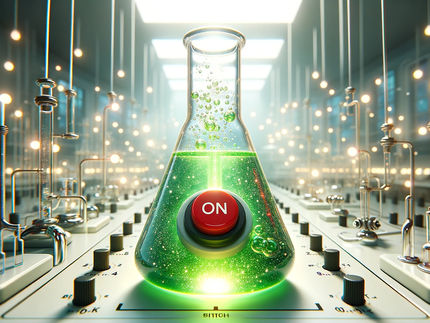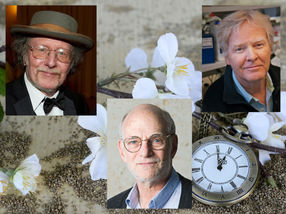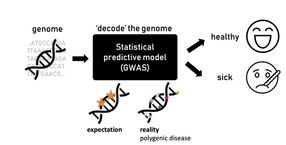BASF expands research laboratory in Thane, India and launches science promotion program in India
New laboratory provides additional options for preparation of organic compounds
BASF is hosting a scientific symposium at its site in Thane near Mumbai, India, to mark the inauguration of a new research laboratory and the foundation of a BASF Indo-German R&D Fund. The "kilogram laboratory" for organic compounds can work on a scale of up to 50 liters. With its flexible synthesis capability between laboratory and production scale, this new laboratory strengthens the company's international research Verbund.
During the inauguration ceremony, BASF also launched its "Indo-German R&D Fund," which will be used to finance scientific conferences and PhD research at outstanding Indian research institutes in the coming years. The fund has initially been provided with EUR280,000. The first institution to benefit from a EUR25,000 donation from the fund is the National Organic Symposium Trust, which conducts top-ranking international conferences in India every year.
"Our research laboratory in Thane gives us local presence in India, which is a vibrant location for science. It is part of BASF's strategy to expand research capacities at international hotspots and engage in cooperation with excellent local scientists, in addition to strengthening our Ludwigshafen-based research facilities," said Dr. Andreas Kreimeyer, Research Executive Director, whose visit to India highlighted the importance of the commitment.
"The kilogram scale is a new opportunity for us. The expansion in Thane opens up the possibility for organic synthesis on a scale of 10 to 100 kilograms. We do not have that anywhere else in the BASF research Verbund," explained Dr. Kai Exner, who heads the BASF research facilities in Thane. Current research activities include ionic liquids and precursors for development of energy storage media.
Other news from the department business & finance
Most read news
More news from our other portals
See the theme worlds for related content
Topic world Synthesis
Chemical synthesis is at the heart of modern chemistry and enables the targeted production of molecules with specific properties. By combining starting materials in defined reaction conditions, chemists can create a wide range of compounds, from simple molecules to complex active ingredients.

Topic world Synthesis
Chemical synthesis is at the heart of modern chemistry and enables the targeted production of molecules with specific properties. By combining starting materials in defined reaction conditions, chemists can create a wide range of compounds, from simple molecules to complex active ingredients.






























































